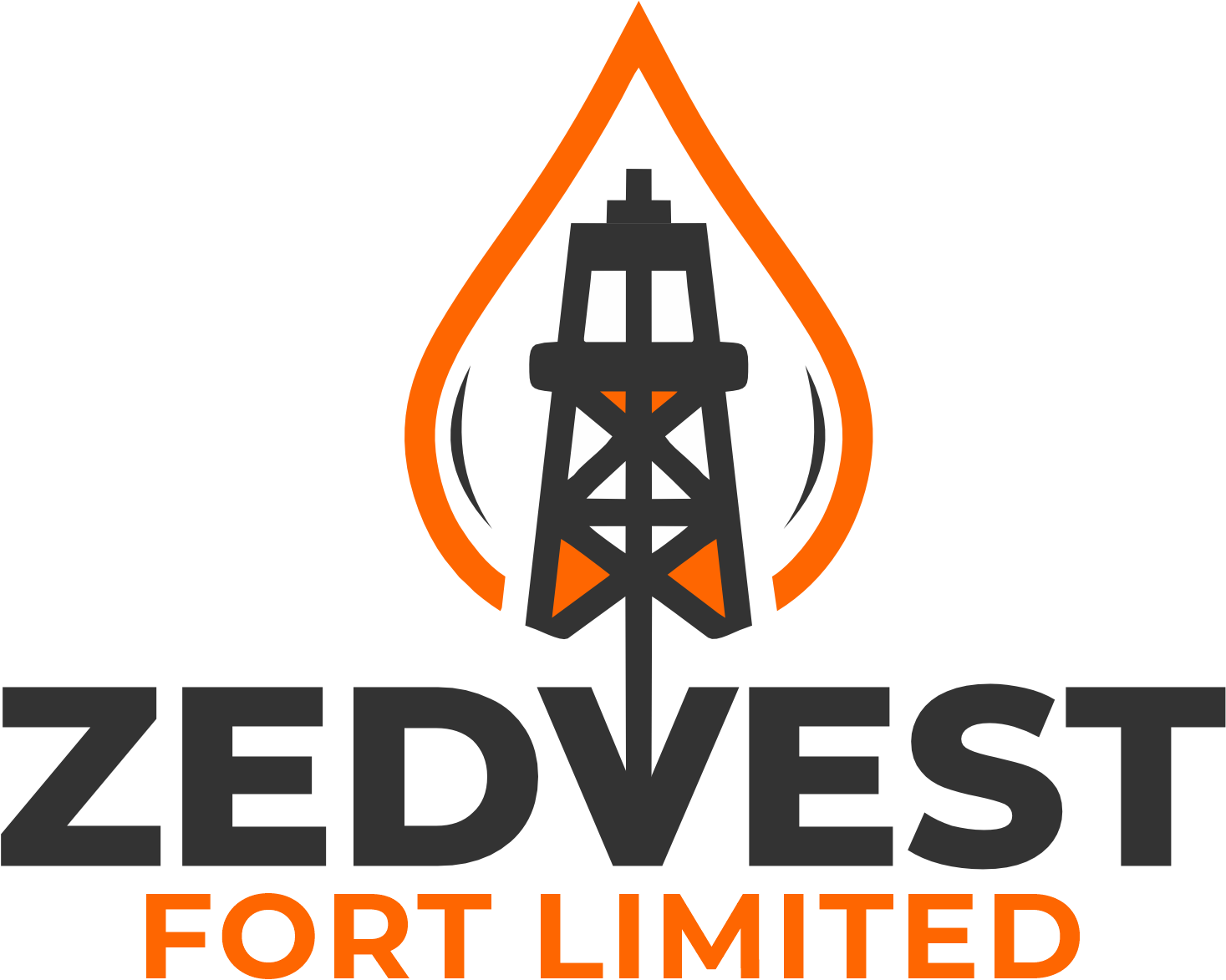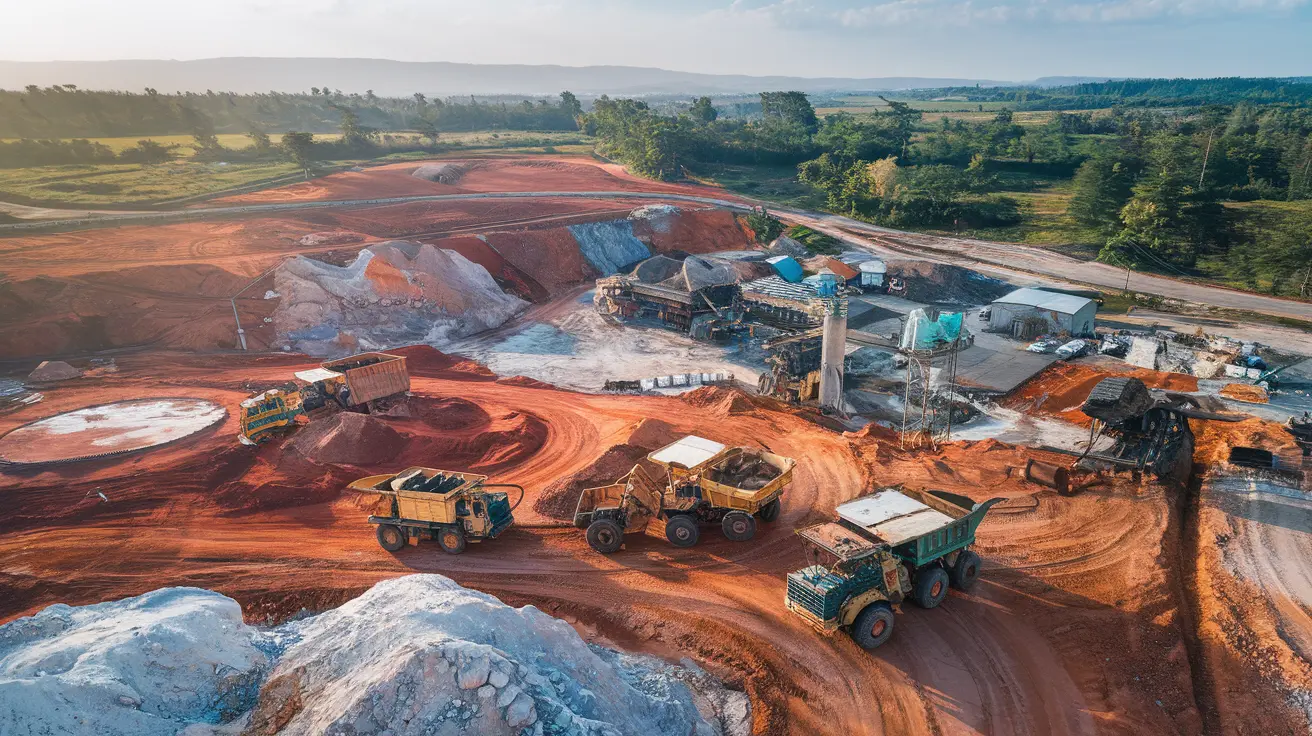Nigeria’s Solid Minerals Sector: Unlocking a Sustainable Economic Frontier
Let me tell you something wild – Nigeria is sitting on a goldmine… literally and figuratively!
Back in 2018, I remember reading a report that blew my mind: Nigeria has over 34 different solid minerals spread across 500 locations nationwide, but we’re barely scratching the surface of our potential. Can you believe that? With our heavy reliance on oil, we’ve been overlooking a treasure trove that could revolutionize our economy!
Current Landscape of Solid Minerals in Nigeria
When I first started diving into Nigeria’s mineral sector, I was shocked. We’re not just talking about a few rocks here and there. We’ve got substantial deposits of coal, iron ore, lead, zinc, gold, tin, and limestone – just to name a few.
My research revealed something fascinating: despite having these incredible resources, Nigeria’s mining sector contributes less than 1% to our GDP. Talk about an untapped potential! The current mining landscape is fragmented, with mostly small-scale and artisanal miners doing the heavy lifting.
Take tin mining in Plateau State, for instance. Back in the day, Nigeria was a global tin producer. Now? We’re barely maintaining our historical reputation. It’s like having a Ferrari in the garage but driving a bicycle.
Key challenges include:
* Outdated mining technologies
* Limited geological mapping
* Insufficient infrastructure
* Complicated regulatory processes
Technological Innovations Reshaping Mineral Extraction
Tech is changing the game, folks! Gone are the days of pick-and-shovel mining. Modern extraction methods are all about precision, sustainability, and minimal environmental impact.
Imagine drone surveys that can map mineral deposits with millimeter accuracy. Or AI-powered geological analysis that predicts mineral concentrations before we even break ground. These aren’t sci-fi fantasies – they’re happening right now!
I spoke with a mining engineer last year who showed me how satellite imaging and machine learning are revolutionizing mineral exploration. We can now identify potential mining sites with over 80% accuracy before sending a single worker into the field. How cool is that?
## Policy and Regulatory Frameworks
Let’s be real – Nigeria’s mining policies have been… complicated. But things are changing, and thank goodness for that!
The federal government has been making serious moves. The Nigerian Minerals and Mining Act of 2007 was a game-changer, creating a more investor-friendly environment. They’ve been streamlining processes, reducing bureaucratic bottlenecks, and offering more transparent licensing procedures.
Pro tip: The Nigerian Geological Survey Agency (NGSA) is now providing more comprehensive geological data. For investors and miners, this is huge! More data means reduced exploration risks.
Economic Potential and Investment Opportunities
Here’s where it gets exciting. Solid minerals aren’t just rocks – they’re potential job creators, foreign investment magnets, and economic diversification champions.
Conservative estimates suggest the solid minerals sector could generate over 500,000 direct jobs and contribute up to 3-5% of GDP within the next decade. We’re talking about transforming local economies, especially in mineral-rich states like Plateau, Kaduna, and Bauchi.
Foreign investors are taking notice. Countries like China and India are increasingly interested in our mineral potential. But we need to play smart – it’s not just about selling raw materials, but about building processing capabilities.
Environmental and Social Sustainability
Now, this is crucial. We can’t repeat the environmental mistakes of the oil sector. Sustainable mining isn’t just a buzzword – it’s a necessity.
Modern mining practices focus on:
* Minimal ecological disturbance
* Community-driven development
* Rehabilitation of mining sites
* Fair compensation for local communities
Conclusion
Nigeria’s solid minerals sector isn’t just an opportunity – it’s a sleeping giant. By embracing technology, creating smart policies, and focusing on sustainable development, we can transform our mineral wealth into economic prosperity.
To fellow Nigerians and potential investors: the future of mining is here, and it’s looking bright!
Want to share your thoughts? Drop a comment below about what excites you most about Nigeria’s mineral potential!

